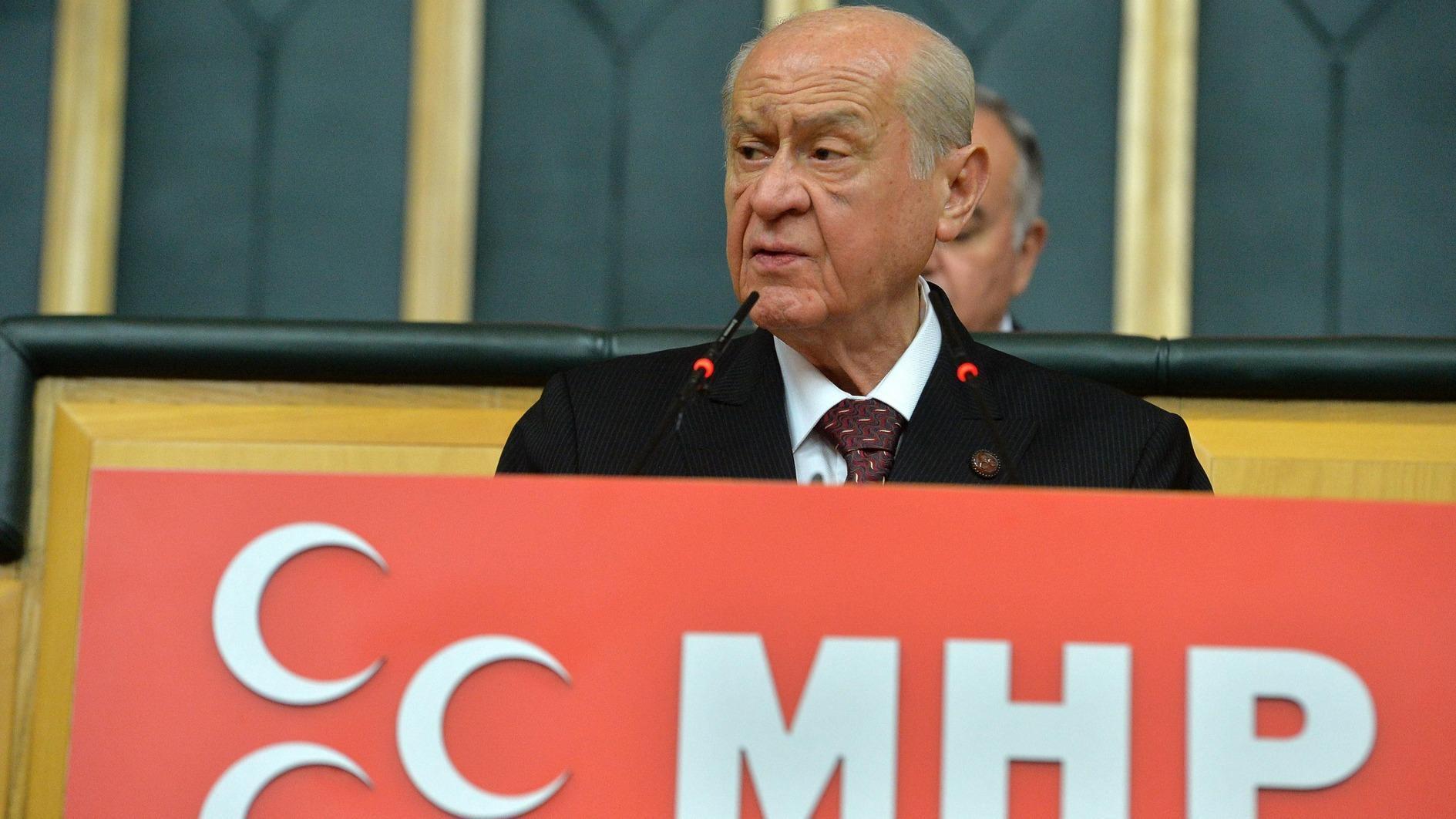What happens if ‘a bit of inflation’ is considered harmless?
Deputy Prime Minister Mehmet Şimşek, who is in charge of economy, has carried on his main duty of calming down the markets.
Şimsek has warned about the potential risks no other cabinet members have talked about and has tried to convince market players that those risks will not materialize. In other words, he speaks the language of the markets, trying to calm them down.
He has emphasized the positive developments in the economy, while he has assured the authorities take all necessary measures to counter the potential risks and that the positive economic outlook will continue. What he does is kind of “expectations management.”
To that end, Mehmet Şimşek has recently attended a number of meetings to give speeches and talked to the press. In a speech he delivered last week, Şimşek talked about the economic growth Turkey has experienced under the Justice and Development Party (AKP) governments and how the gap between Turkey and developed economies has narrowed and that that trend would continue. However, at the same time he warned about the dangers emanating from high inflation.
Pointing to the fact inflation has surpassed 10 percent and this is one of the most pressing issues Turkey has to deal with, “No one should think ‘a bit of inflation will not do any harm’ because ‘a bit of inflation’ could indeed be disastrous. Countries with high and fluctuating inflation tend to have low growth rates and macroeconomic outlook in those countries becomes unpredictable,” said Şimşek.
He underlined that price stability is crucial for economic growth. “If Turkey wants to have a healthy and sustainable growth, it must bring down inflation to single-digits,” Şimşek added.
Şimşek, however, said they believed the recent spike in inflation was temporary and exchange-rate pass-through played a large role in this and that inflation would eventually come down in the period ahead thanks to the tight monetary policies implemented by the authorities. According to Şimşek, tight monetary policies did not produce the desired results last year because of the expansionary credit policies.
“The Central Bank’s policies were rather ineffective last year, because of the Credit Guarantee Fund [CGF]. But, since we will use the CGF to support the manufacturing industry, supply side and exports, the negative effects of the CFG will be neutralized and we hope to see the positive effects of the tight monetary policies on inflation in the coming period” he said.
Whose mistake?
Şimşek’s approach is in fact what all members of the cabinet would like to see and a politically relevant stance if judged by the mood of the public and the markets. All cabinet ministers take credit for positive developments, but they put the blame for failures on “some others whom they do not openly name.” Previously, it was Ali Babacan who played this role in the area of economic management, and now it is Mehmet Şimşek. The markets think “these guys know what the problems are” and this way of thinking helps the markets to calm down.
Should we not think what Şimşek said actually meant: “In 2017, there was no good balance between growth and inflation, the economic management team was unsuccessful because macroeconomic balance was put at risk?” Who made the decisions regarding CFG credits even though it was obvious inflation would hit double digits? Is it not even worse that this was not even anticipated? The Central Bank should not have employed tighter monetary policies when the government took those decisions regarding the CGF? Would you honestly imagine the authorities would full heartedly fight inflation by giving up on expansionary fiscal and monetary policies in 2018 ahead of the 2019 elections?
It is doubtful the markets believe this would happen. That is why foreign exchange deposits in banks keep increasing. That is why forecasts for inflation and exchange rate, which Şimsek blames for the spike in inflation, stand well above the official targets in expectation surveys.
However, the market seems to buy this story because doing so is in their best interests. But what happens next?











